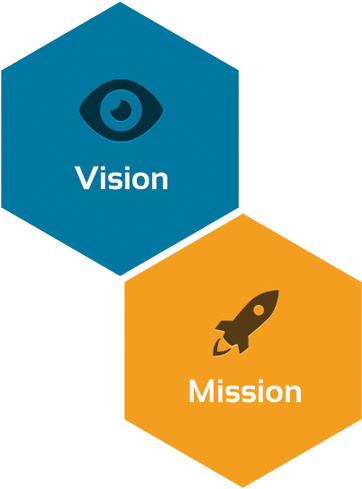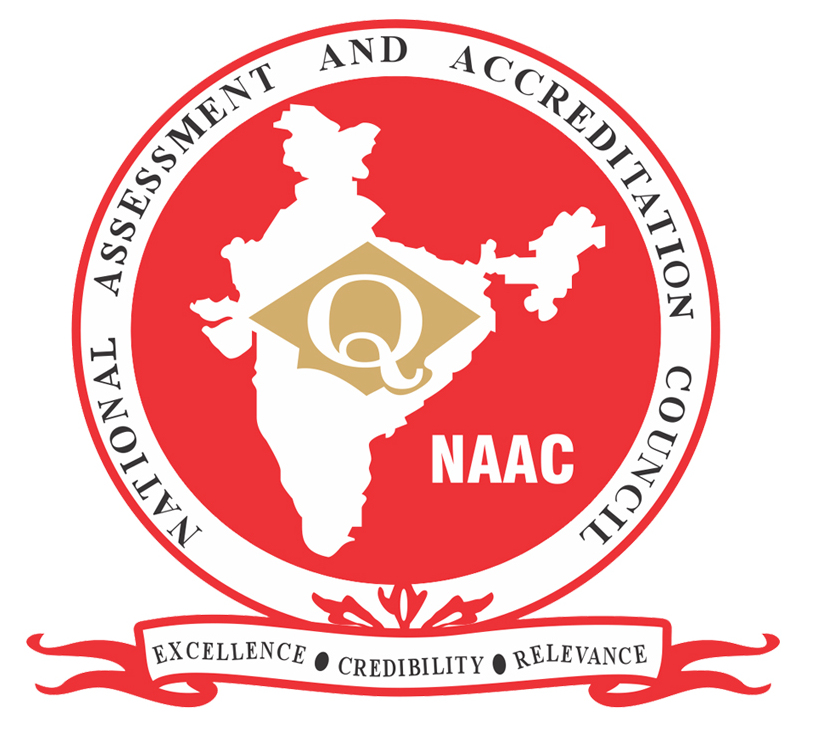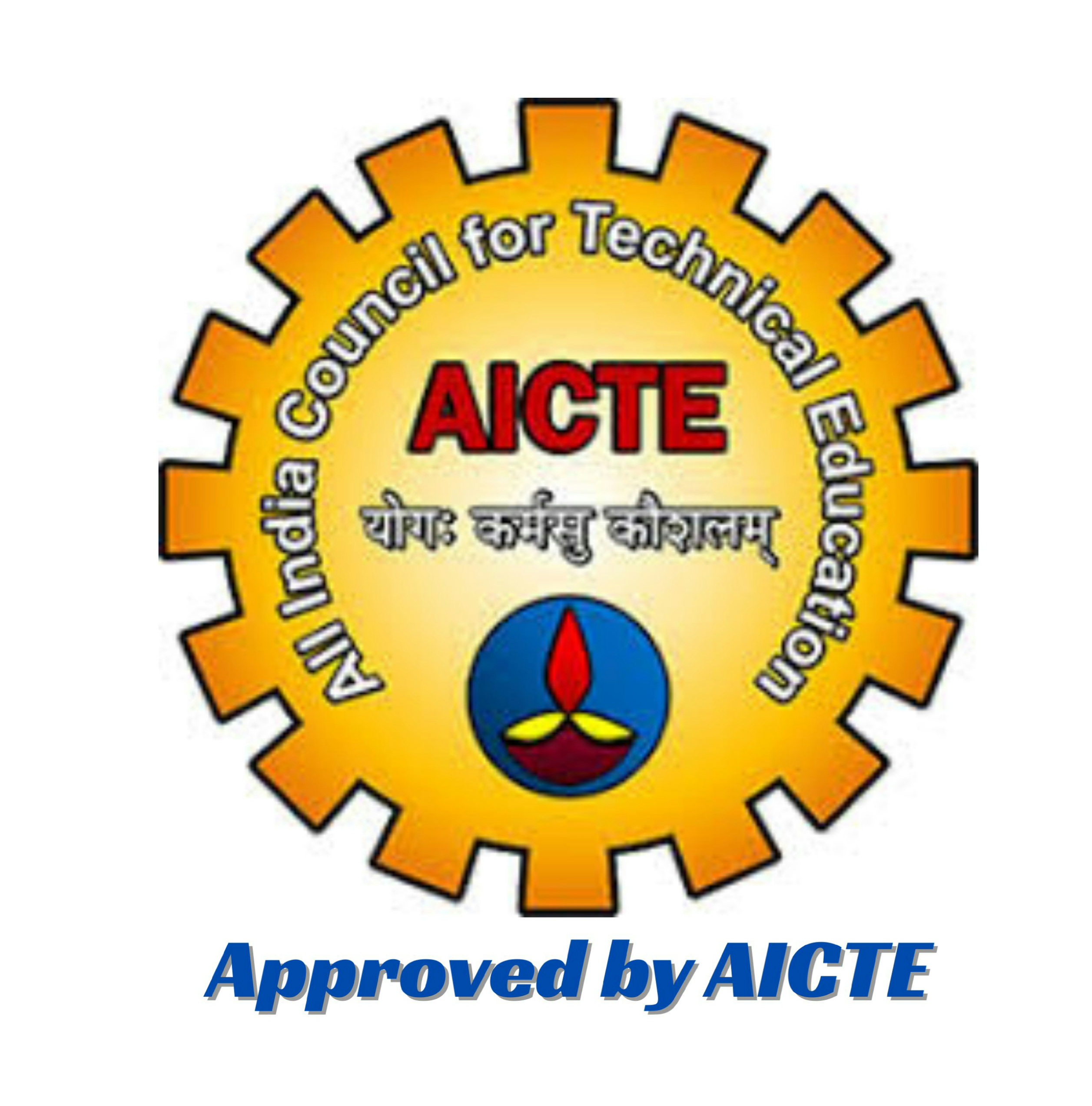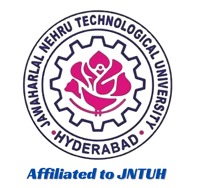Vision and Mission for ECE
"Empowering minds, shaping futures — Priyadarshini College is where learning meets purpose."Vision of the Department
To empower technocrats in the field of Electronics and Communication Engineering, equipping them with the knowledge and skills to excel in a globalized high-tech society and contribute to the dynamic technological and societal needs of the nation.
Mission of the Department
To impart quality education in Electronics and Communication Engineering by adopting innovative teaching and learning methods.
To enhance research and industry collaboration by encouraging hands-on projects and exposure to emerging technologies.
To promote ethical values, leadership qualities, and professionalism to develop responsible engineers dedicated to societal growth and sustainability.
Programme Outcomes (POs)
Graduates will be able to:
-
Engineering Knowledge: Apply the knowledge of mathematics, physics, electronics fundamentals, and engineering specialization to solve complex engineering problems.
-
Problem Analysis: Identify, formulate, and analyze complex engineering problems using scientific and engineering principles to arrive at valid conclusions.
-
Design and Development of Solutions: Design system components, circuits, and communication systems that meet desired needs with consideration for public health, safety, and the environment.
-
Conduct Investigations of Complex Problems: Use research-based knowledge and investigative methods including simulation, design of experiments, and data interpretation to draw meaningful conclusions.
-
Modern Tool Usage: Apply modern engineering tools, simulation tools, and IT resources to address engineering challenges with an awareness of their limitations.
-
The Engineer and Society: Assess the impact of engineering solutions in societal and global contexts to fulfill responsibilities for public health, safety, and legal obligations.
-
Environment and Sustainability: Develop engineering solutions that contribute to sustainable development and minimize environmental impact.
-
Ethics: Apply ethical principles and professional standards to practice engineering in an upright and responsible manner.
-
Individual and Team Work: Function effectively as an individual, team member, or leader in diverse and multidisciplinary teams.
-
Communication: Communicate engineering concepts and solutions effectively to peers and society, including report writing and presentations.
-
Project Management and Finance: Demonstrate engineering management principles to plan and manage projects in multidisciplinary teams.
-
Life-long Learning: Engage in independent and lifelong learning to enhance skills and keep up with technological advancements.
Programme Educational Objectives (PEOs)
-
PEO1: Develop a strong foundation in engineering fundamentals to tackle complex Electronics and Communication problems.
-
PEO2: Be equipped with advanced technical knowledge in Electronics and Communication Engineering to meet industry and research requirements.
-
PEO3: Develop professional competencies in advanced technologies, teamwork, and communication skills for a successful engineering career.
-
PEO4: Demonstrate leadership, ethical behavior, social responsibility, and a commitment to lifelong learning.
Programme Specific Outcomes (PSOs)
-
PSO1 : Problem Solving: Develop and implement efficient solutions to real-world problems in electronics and communication engineering using modern tools and techniques.
-
PSO2 : Technical Competency: Leverage their technical expertise in higher education, research, entrepreneurship, and the development of practical solutions for industrial and societal needs.







